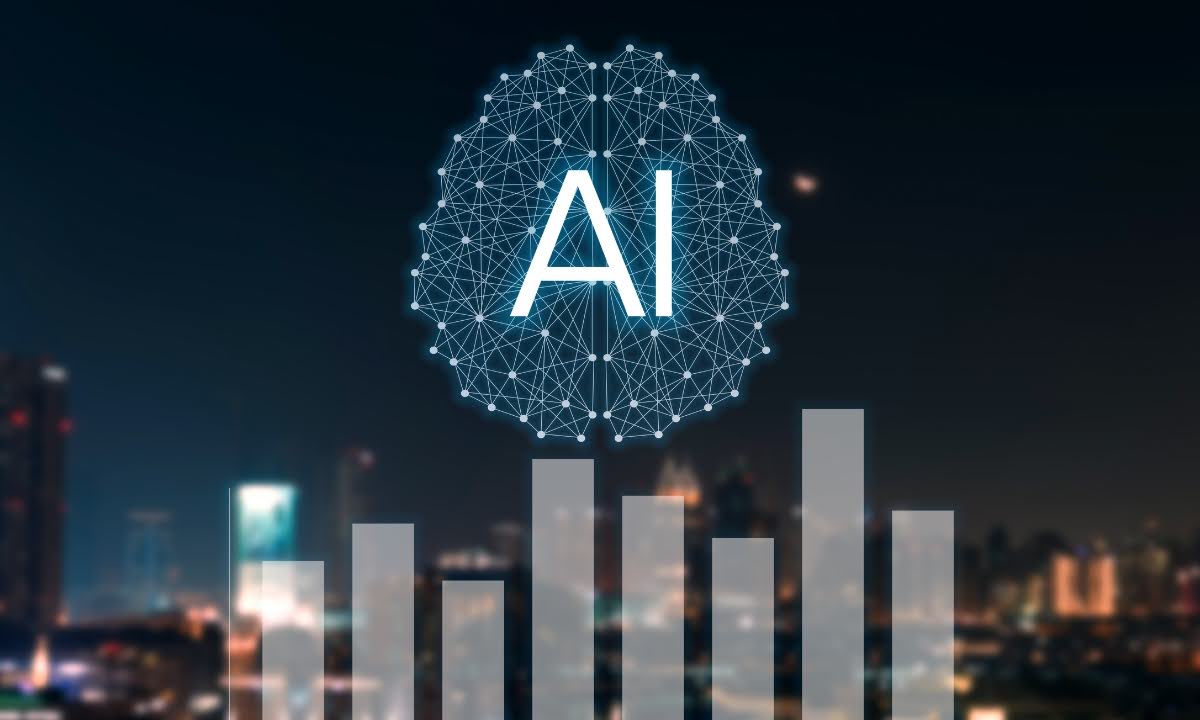 The Future of Industrial Manufacturing: Embracing Industry 4.0 Technologies
The Future of Industrial Manufacturing: Embracing Industry 4.0 Technologies
In today’s rapidly changing world, industrial manufacturing is on the verge of a technological revolution. Industry 4.0 represents the integration of digital technologies like IoT, AI, and advanced robotics into manufacturing processes. These innovations are reshaping industrial manufacturing, making it more efficient, flexible, and sustainable. But how can businesses harness the full potential of these technologies, and what challenges must they overcome to succeed?
Traditional Manufacturing Struggles to Keep Up
Many industrial manufacturing companies continue to rely on outdated methods and machinery, which hinders efficiency and limits flexibility. The traditional approach often leads to costly downtimes, higher waste levels, and reduced productivity. Without adopting new technologies, these businesses risk falling behind competitors who have embraced Industry 4.0, losing their market share and struggling to keep pace with modern demands.
Why Industrial Manufacturers Must Adapt
The future of industrial manufacturing lies in digital transformation, and the consequences of failing to adapt are clear. In an increasingly competitive market, businesses that ignore advancements in Industry 4.0 risk becoming obsolete. Not only does this lead to higher production costs, but it also results in lower-quality products, missed growth opportunities, and unsatisfied customers. Manufacturers that continue using traditional methods are finding it more difficult to meet growing consumer demands for faster, more customized products.
Embrace Industry 4.0 for Industrial Manufacturing Success
By adopting Industry 4.0 technologies, industrial manufacturing can transform operations and achieve new levels of efficiency and innovation. Let’s explore the key technologies driving this change:

Key Technologies Driving Industry 4.0
1. Internet of Things (IoT)
IoT involves connecting machines, computers, and people to enable real-time data collection and analysis.
Applications in Manufacturing:
- Real-time equipment monitoring
- Predictive maintenance
- Supply chain tracking
- Energy management
Benefits:
- Reduced downtime
- Improved efficiency
- Enhanced quality control
- Better resource management
2. Artificial Intelligence (AI) and Machine Learning
AI and machine learning algorithms can analyze vast amounts of data to make predictions, optimize processes, and even make decisions.
Applications in Manufacturing:
- Quality control and defect detection
- Demand forecasting
- Process optimization
- Robotic process automation
Benefits:
- Improved product quality
- Reduced waste
- More accurate planning
- Enhanced productivity
3. Advanced Robotics
Modern robots are more versatile, intelligent, and capable of working alongside humans.
Applications in Manufacturing:
- Collaborative robots (cobots) for assembly
- Automated material handling
- Precision tasks in hostile environments
- Quality inspection
Benefits:
- Increased productivity
- Improved worker safety
- Enhanced precision
- Greater flexibility in production
4. Additive Manufacturing (3D Printing)
3D printing allows for the creation of complex parts with less material waste.
Applications in Manufacturing:
- Rapid prototyping
- Custom part production
- Spare parts on demand
- Complex geometries impossible with traditional methods
Benefits:
- Reduced lead times
- Lower inventory costs
- Customization at scale
- Design freedom
5. Digital Twin Technology
Digital twins are virtual replicas of physical devices that can be used to run simulations before actual devices are built and deployed.
Applications in Manufacturing:
- Product design and development
- Process optimization
- Predictive maintenance
- Virtual commissioning
Benefits:
- Reduced time-to-market
- Lower development costs
- Improved product performance
- Enhanced decision-making
6. Augmented Reality (AR)
AR overlays digital information onto the physical world, assisting workers in various tasks.
Applications in Manufacturing:
- Assembly guidance
- Maintenance and repair assistance
- Training and skill development
- Quality assurance
Benefits:
- Reduced errors
- Faster task completion
- Improved training outcomes
- Enhanced worker safety
The Benefits of Industry 4.0 in Industrial Manufacturing
The impact of Industry 4.0 on industrial manufacturing is undeniable. Businesses that embrace these digital technologies experience several benefits:
- Increased Efficiency: Automation and real-time data analytics boost productivity and reduce human error.
- Enhanced Flexibility: Technologies like additive manufacturing enable greater customization and faster adaptation to changing market demands.
- Improved Quality: Advanced sensors and AI-driven quality control measures result in fewer product defects.
- Predictive Maintenance: IoT sensors and AI detect potential equipment failures, reducing costly downtime.
- Sustainable Manufacturing: By optimizing resource use, businesses can reduce waste and energy consumption, supporting sustainability goals.
Challenges in Adopting Industry 4.0 Technologies
Despite the advantages, industrial manufacturing companies face several challenges when implementing Industry 4.0 technologies:
- High Initial Investment: Upgrading to smart factories requires substantial financial investment.
- Skill Gap: The shift toward digital technologies increases demand for workers with specialized technical skills.
- Data Security: Increased connectivity heightens the risk of cyberattacks.
- System Integration: Connecting new technologies with legacy systems can be complex and costly.
Preparing for the Future of Manufacturing
To stay competitive in the age of Industry 4.0, manufacturers should consider the following steps:
- Assess Current State: Understand your current technological capabilities and identify areas for improvement.
- Develop a Strategy: Create a roadmap for implementing Industry 4.0 technologies that aligns with your business goals.
- Invest in Skills: Train existing employees and recruit new talent with the necessary digital skills.
- Start Small: Begin with pilot projects to demonstrate value and build momentum.
- Prioritize Cybersecurity: Implement robust security measures to protect your connected systems.
- Foster a Culture of Innovation: Encourage experimentation and continuous learning throughout your organization.
- Collaborate: Partner with technology providers, research institutions, and even competitors to drive innovation.
Embracing the Digital Future
The Fourth Industrial Manufacturing Revolution is not just about technology—it’s about reimagining how we create value in the manufacturing sector. By embracing Industry 4.0 technologies, manufacturers can unlock new levels of efficiency, flexibility, and innovation.
As we look to the future, it’s clear that the most successful manufacturers will be those who can effectively integrate these digital technologies into their operations. The journey to Industry 4.0 may be challenging, but the potential rewards—in terms of competitiveness, productivity, and new business opportunities—are immense.
For manufacturers, the message is clear: the future is digital, and the time to start preparing is now. By understanding and embracing these transformative technologies, you can position your business at the forefront of the manufacturing revolution, ready to thrive in the digital age.




